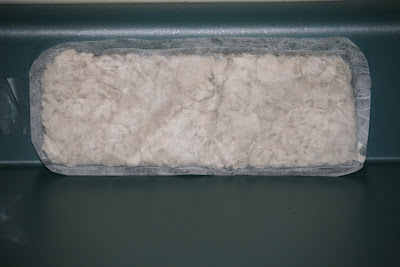Kigali, Rwanda

I was set for the first SHE health and business skill training for the group of 28 Community Health Workers. The first training session has people hailing from all parts of Rwanda, ready to equip themselves with the tools to educate and provide greater access to essential products to their peers. The training started at 10am with an introduction to menstrual health and hygiene and business management with a good exchange of ideas that ensued. People asked things such as, "Why do women and girls menstruate? What are the infections that happen when I use rags and how can I avoid it?"
Each of the Community Health Workers trained today will go back to their communities and train 100 others in the health and hygiene they learned today and set up their own small distribution businesses, earning a margin on every product sold. As two of the participants commented:

Moise says, "The training will help me improve my family’s welfare."
Claudine says "I learned about health and hygiene during menstruation, what can be done when it occurs and now I am going to pass it onto the rest of the communities."
Next training is coming up soon!
Julian, Chief Operations Wizard
.






















